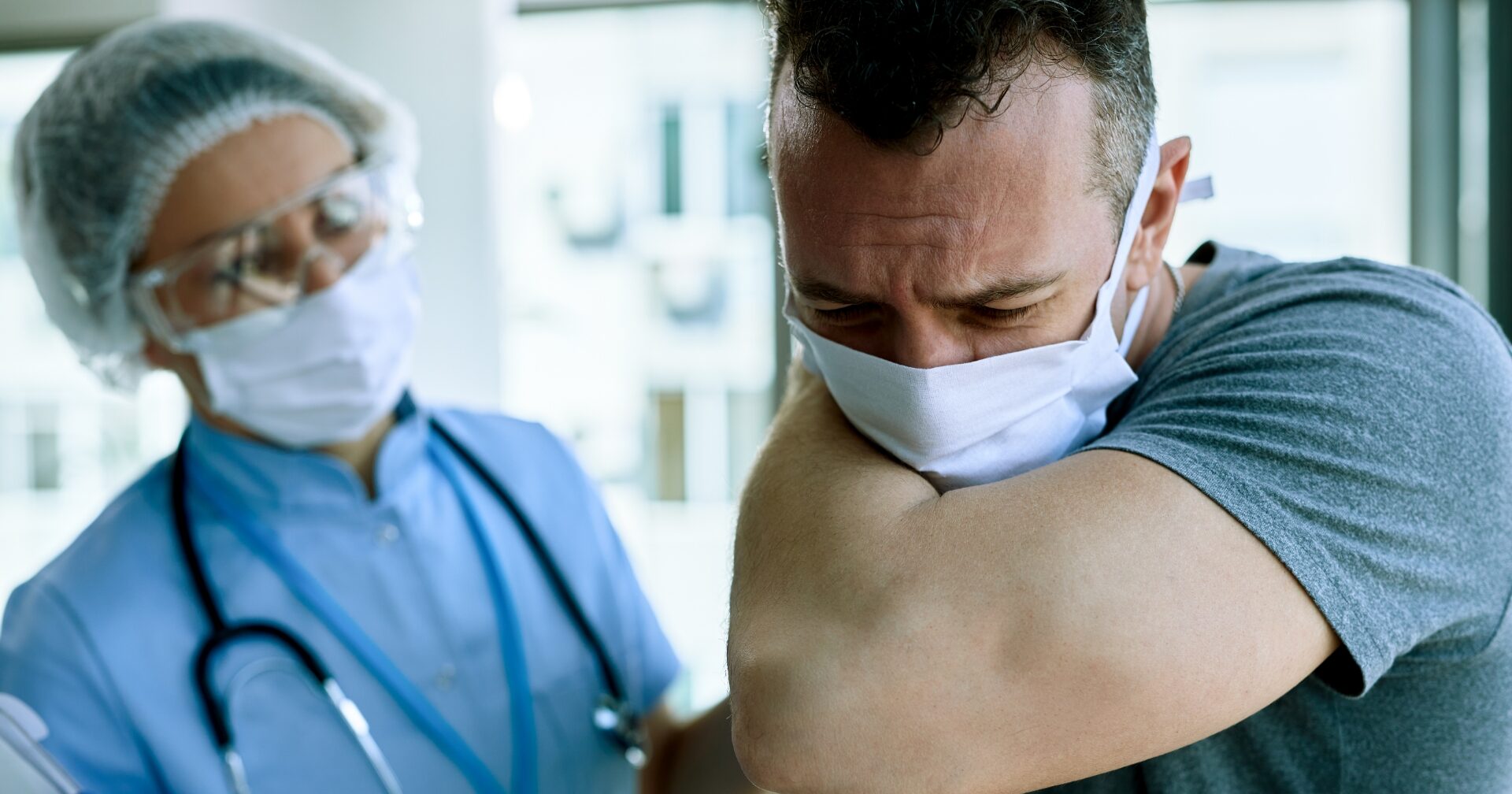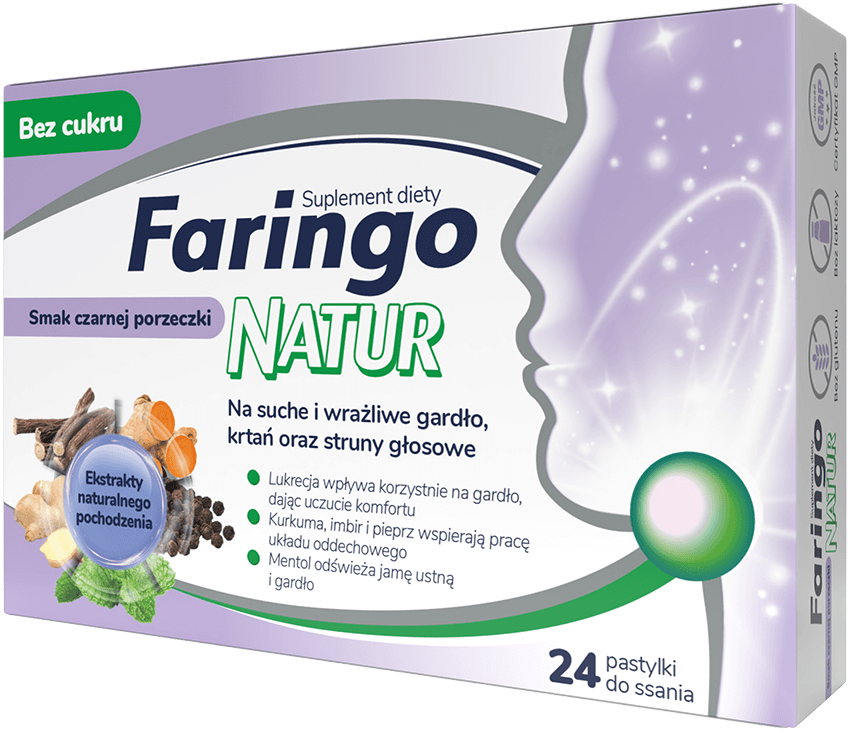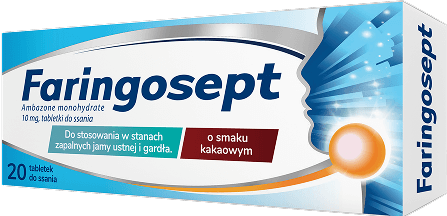
WHEN TO SEE A DOCTOR
See a doctor immediately if your child has severe signs and symptoms such as:
- Difficulty swallowing or breathing
- Unusual salivation, which may indicate inability to swallow
- Presence of a high-pitched sound during breathing (called stridor)
Seek immediate medical attention if you are an adult and have a sore throat and any of the following associated problems:
- sore throat does not improve after a week
- difficulty swallowing or breathing
- difficulty opening the mouth
- joint pain
- earaches
- rash
- fever higher than 38°C
- blood in saliva or phlegm
- repeated occurrence of sore throat
- lump in the throat
- hoarseness lasting more than 2 weeks
- swelling of the neck or face
- a weakened immune system – for example, due to diabetes or immunosuppressive medicines or chemotherapy
If the sore throat is caused by the flu, your doctor may prescribe antiviral medicines. Antibiotics do not work against viruses. Consult your doctor or pharmacist about the recommended symptomatic treatment (local antiseptics, anti-inflammatories, local analgesics). Most sore throats are caused by viruses.
If the sore throat is caused by bacteria, your doctor may prescribe an antibiotic. You will feel better in a few days. It is important to take all antibiotics. This reduces the risk of recurrence.
Symptoms caused by infectious mononucleosis can last 4 weeks or more. Treatment for mononucleosis is symptomatic, supplemented by rest.
If a sore throat is caused by allergies, your doctor can talk to you about allergy triggers and recommend allergy medication.
When should you worry about a sore throat?2
This is a question that has become even more urgent following the COVID-19 pandemic. A sore throat is also a common symptom of illness caused by the new coronavirus.
If a sore throat with no other symptoms persists for more than 3 days with local symptomatic treatment, you should see your doctor or pharmacist. If you experience any other symptoms, even milder, that you usually associate with a common cold, you should see your doctor and get tested for COVID-19.
Mild cases of COVID-19 can present just like a common cold.
Even if you a have mild COVID-19 infection, you can spread the coronavirus and people in groups at risk can suffer a more serious infection.
Make sure not to put others at risk, if you have any possible symptoms of COVID-19.
Questions that you can ask your doctor
- What are the causes of viral or bacterial sore throat symptoms?
- What tests are required?
- How soon do you expect symptoms to improve with treatment?
- Am I contagious if I have a sore throat? If so, how long will I be contagious?
- What personal care steps could help prevent sore throats?
- Can certain medicines cause sore throats?
- Can a dry room cause a sore throat?
- Will hot beverages worsen or relieve my sore throat?
- Does honey help relieve sore throat?
- Should I go out into the community (work, shopping or school) if I have a sore throat?
If you are sick, feel dizzy or anticipate that “something is taking over you”, use Faringosept.
And if you additionally need to moisturise the throat mucosa, you can also alternate Faringosept with FaringoNatur, which has a moisturizing, protective and refreshing effect.

Food Suplement
Moisturizes, protects and refreshes the throat, larynx and vocal cords!
This site is a product presentation site. For proper treatment and complete information, please consult your doctor or pharmacist.
Literature:
1. Sore throat – Symptoms and causes – Mayo Clinic
2. https://www.nhs.uk/conditions/coronavirus-covid-19/symptoms/main-symptoms/

